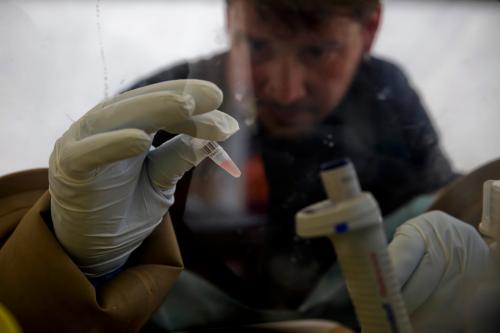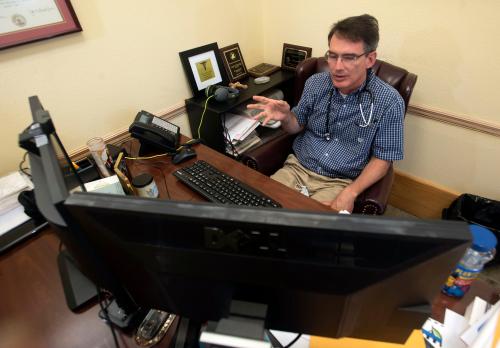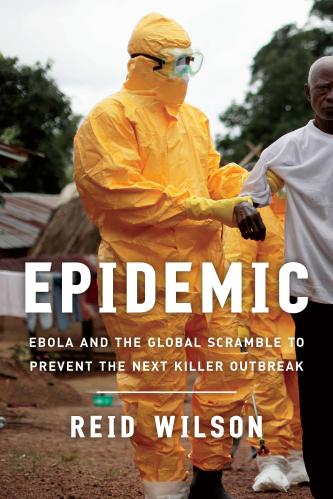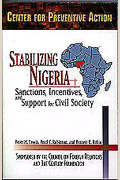During the height of the Ebola crisis in September 2014 there were 21 confirmed cases of the virus and 8 deaths in Nigeria. The African nation has the continent’s largest population, a high poverty rate, and the government spends relatively little on health care. At the time many were worried about a scenario where the virus spread throughout Nigeria. But, the Nigerian Minister of Health Onyebuchi Chukwu disagreed with that assessment. He commented to Forbes, “Nigeria will be as clean as any other country as far as Ebola virus disease is concerned.” His comments were proven to be accurate in the coming months. There were a variety of factors that contributed to Nigeria’s success at combating the disease. One important factor was the use of mobile electronic health records programs.
How mobile fights disease
1. Training Healthcare Workers
Training health care providers was a priority at the beginning of the Ebola outbreak. A survey found that 85 percent of health care workers in the country believed you could avoid Ebola by abstaining from handshakes or touching. Correcting these myths about the disease was a critical part of the response effort, especially for health care workers.
2. Rapid Deployment
One of the virtues of mHealth is its speed and flexibility. Mobile allows officials to quickly disseminate the latest information to front line health care workers. Increasing the speed of communication is a general boon to any large public health response.
3. Virtual Records
Ebola Treatment Units (ETU) greatly benefitted from using digital rather than paper records. Paper records cannot be removed from an ETU. Deborah Theobald co-founder of Vecna Technologies that created the mHealth platform in Nigeria has pointed out that, “If the patient is isolated, so is their paperwork”. Electronic records are easy to share and also lower the risk of infection for health care workers.
Mobile health policy challenges
Despite the potential benefits of mHealth, barriers in some countries prevent the full positive impact of these technologies from coming into effect. Many developing nations lack the electrical infrastructure that is necessary to power mobile devices. Health care regulations are often too overly bureaucratic and burdensome. This makes it difficult for innovators to develop and equip workers with mobile tools and applications. It often takes an emergency situation like the Ebola crisis to make substantive changes. Success in the long term is only possible if leaders create an environment that is more hospitable to mHealth.
Mobile interventions have also demonstrated potential to address important public health issues. Recently experts gathered at the Brookings Institution to discuss how mHealth can improve health outcomes. Apps like Mobile Midwife and Text4Baby can encourage healthy pregnancies by providing valuable tips to expecting mothers. Mobile health platforms are successful because they directly inform caregivers. The proliferation of mobile phones through the developing world presents a health opportunity to communicate with the people who need help.








Commentary
3 ways mobile helped stop the spread of Ebola in Nigeria
March 19, 2015